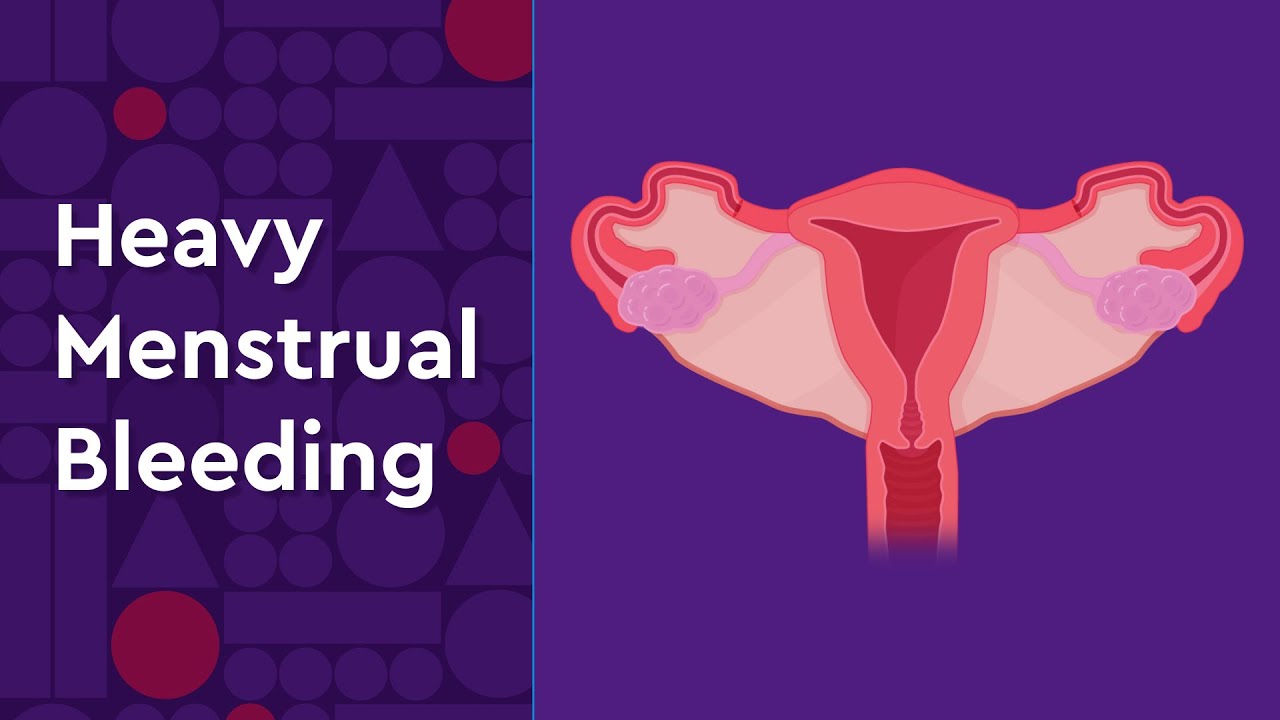For many women, the monthly menstrual cycle is a natural part of life. However, some individuals experience a heavy flow, a condition known as menstrual menorrhagia, which can be challenging to manage. In this blog, we’ll explore what menstrual menorrhagia entails and provide practical tips on how to effectively manage a heavy period.
Understanding Menstrual Menorrhagia
Menstrual menorrhagia is characterized by abnormally heavy or prolonged menstrual bleeding. While the definition of “heavy” can vary from person to person, it generally involves bleeding that lasts more than seven days or is severe enough to interfere with daily activities.
1. Consult with a Healthcare Professional
If you suspect you have menstrual menorrhagia, the first step is to consult with a healthcare professional. They can evaluate your symptoms, rule out underlying medical conditions, and recommend an appropriate treatment plan.
2. Choose the Right Menstrual Products
Selecting the right menstrual products is crucial for managing a heavy period. Consider using high absorbency tampons, menstrual cups, or ultra-absorbent sanitary pads. Experiment with different options to find what works best for you.
3. Track Your Menstrual Cycle
Keeping a menstrual diary can help you monitor the patterns of your menstrual cycle, including the duration and intensity of bleeding. This information can be valuable when discussing your symptoms with a healthcare provider.
4. Practice Good Personal Hygiene
Maintain good personal hygiene during your period to reduce the risk of infection. Change your menstrual products regularly and wash your genital area with mild soap and water.
5. Manage Pain and Discomfort
Heavy periods often come with increased cramping. Over-the-counter pain relievers like ibuprofen or acetaminophen can help alleviate cramps and provide relief from discomfort.
6. Consider Iron Supplements
Excessive bleeding can lead to iron deficiency anemia. If your healthcare provider recommends it, consider taking iron supplements to support your iron levels.
7. Embrace Heat Therapy
Applying heat to your lower abdomen can help alleviate menstrual cramps and soothe discomfort. A hot water bottle or a warm bath can be effective in providing relief.
8. Stay Hydrated and Maintain a Balanced Diet
Proper hydration and a balanced diet contribute to overall well-being. Staying hydrated and consuming foods rich in iron, vitamins, and minerals can help support your body during a heavy period.
9. Explore Hormonal Treatments
In some cases, hormonal treatments, such as birth control pills, hormonal IUDs, or other medications, may be prescribed to regulate and reduce menstrual bleeding.
10. Consider Surgical Options
For severe cases of menstrual menorrhagia, surgical interventions like endometrial ablation or hysterectomy may be considered. These options are typically explored when other treatments have not been effective.
11. Prioritize Self-Care
Managing a heavy period requires self-care and understanding. Prioritize rest, engage in activities that bring you comfort, and be gentle with yourself during this time.
Remember, everyone’s body is unique, and what works for one person may not work for another. If you’re experiencing symptoms of menstrual menorrhagia, consult with a healthcare professional to explore personalized solutions and ensure optimal menstrual health. Managing a heavy period is about finding the right balance of care, support, and medical intervention to empower you to lead a healthy and fulfilling life.



